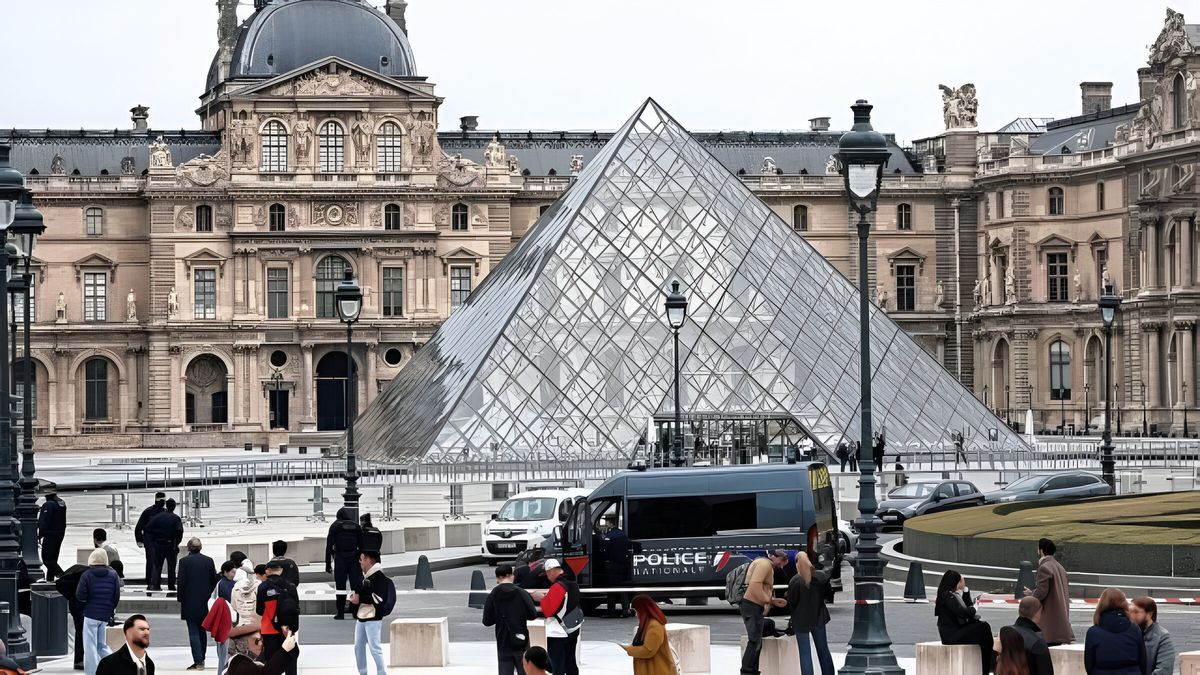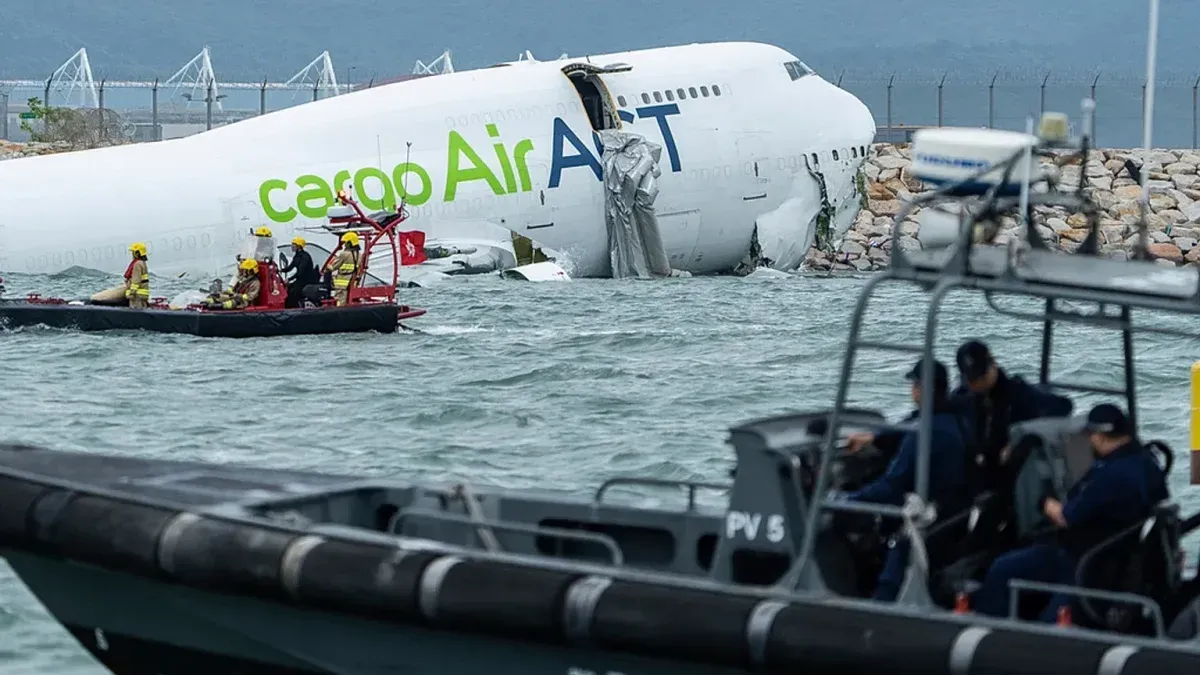New airstrikes took place today in the vicinity of Khartoum, the capital of Sudan, where the commitments of the two rival generals regarding the evacuation of civilians from the combat zones and the provision of humanitarian assistance are slow to materialize, almost one month of the resumption of clashes between military and paramilitary groups.
The emissaries of General Abdel Fatah al-Burhan, head of the army, and Mohamed Hamdan Daglo, commander of the Rapid Support Forces (FAR) paramilitaries, signed last Thursday in Jeddah, Saudi Arabia, a “Declaration for the protection of civilians in Sudan”.
This document, negotiated under the mediation of Saudi Arabia and the United States, provides for the creation of “safe passages” to allow civilians to leave conflict zones, as well as facilitating the provision of humanitarian aid.
But he does not mention a truce, but only future negotiations for a temporary ceasefire, followed by “expanded discussions for a permanent cessation of hostilities”, responsible for some 750 deaths, 5,000 injuries and more than 900,000 displaced persons and refugees in recent four weeks.
Talks on the application of this agreement should resume this weekend in Jeddah, a senior Saudi diplomatic official told the AFP news agency on condition of anonymity.
He stressed that the declaration was “an important step”, although he acknowledged that the process was still in a “preliminary stage”.
Since April 15, millions of Sudanese, mainly in Khartoum, have been barricaded in their homes, surviving in sweltering heat with virtually no running water or electricity. Everywhere there is a shortage of food, money, medicine and fuel.
Al-Burhan is the de facto leader of Sudan since the coup d’état on October 25, 2021 carried out together with Daglo, at a time when both military leaders joined forces to expel the civilians who temporarily and with enormous fragility democratic came to power after the 2019 overthrow of dictator Omar al Bashir, who ruled for 30 years.
But over time the tensions between the two generals grew, which led to the current fighting.
The disagreements between the two rival factions are mainly based on the future of the paramilitaries and their integration into the Armed Forces.
Although the Army does not reject their integration, it wants to impose its conditions and limit their incorporation over time, but the paramilitaries demand a broad inclusion and their leader wants to have a position in the General Staff.
Source: Ambito




